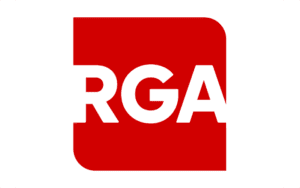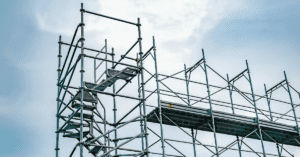Insurer criticised for cash-settling fire claim mid-way through repairs

Allianz will have to pay more than the sum insured to finalise a property claim that it cash settled after the cost of repairs – which it had already started – looked set to spiral.
The Australian Financial Complaints Authority (AFCA) criticised the insurer for its handling of the fire claim, saying it acted “unfairly” by failing to complete repairs after months of delays, while the home had been unliveable.
It said Allianz provided the complainants with a cash settlement after it became clear that costs would exceed the initial sum and that to “pass the risk” back to them was “an abrogation of the insurer’s duty of utmost good faith”.
The complainants lodged a claim with the insurer in April 2021 and were placed in temporary accommodation while the insurer handled the claim.
Allianz appointed a panel builder, referred to as AJG, to “deal with the claim related work”. AJG began repairs in September 2021. However, not long after the works commenced, mould and asbestos were discovered on the property, causing delays.
The homeowners had expressed concerns and filed a letter of complaint to the insurer in December 2021 relating to the claim’s progress.
Allianz decided to cease repairs mid-way through the process after AJG calculated that the cost of repairs would exceed the sum insured of $524,318 plus a 20% safety net of $104,863.
The insurer agreed to offer the complainant a cash settlement of $401,762 in late December, which it said represented the sum insured plus the safety net, minus the cost of work already carried out. The homeowner initially rejected the offer before accepting the terms “on the basis he could continue to dispute the final cash settlement”.
AFCA called into question Allianz’s timing to offer the cash settlement, noting reports from the insurer that said AJG indicated concerns that costs would exceed the sum insured in both July and November 2021. Allianz said it was only made aware the repair costs would exceed the sum insured and safety net on December 6 2021.
The complainants continued to use AJG after it agreed to the cash settlement. The insurer had estimated the final cost of the work would exceed the insured sum by $39,698, but the complainant said that as of February last year, he had already spent $110,000 of his own money to continue the repairs.
The panel noted issues with AJG’s adjusted list of costs, saying that the cost of make-safe works appeared “disproportionately very high”.
“It is significant that no independent review of AJG’s work (either as to the scope or value) was undertaken,” AFCA said.
The panel determined that it was not satisfied that the offered cash settlement had been “fair or appropriate to resolve the claim” and required the insurer to engage with a qualified external expert to fully assess the scope and value of repair works conducted by AJG.
The ruling requires Allianz to cover any costs identified by the expert that was not covered by the cash settlement and to continue to provide the claimants with temporary accommodation until the house is liveable.
“In the course of a claim, a point is reached where it becomes unfair for the insurer, having knowledge of/access to the relevant facts (and the capacity and responsibility to manage the issues), to resile from an election to undertake repairs,” AFCA said
“That point was passed when the insurer’s proposed change to a cash settlement was implemented mid-way through significant repair work, placing the complainant in a position of detriment, uncertainty and increased risk.
“In the particular circumstances of this claim and complaint, it is fair that the insurer remains responsible for the repair of the complainant’s property, even if the associated costs exceed the policy sum insured plus safety net.”
AFCA criticised the insurer for playing a passive role in the management of the claim, saying that it appeared “to have relied wholly on its panel builder AJG, until AJG reached the point where they felt it was beyond their capability to continue to do so”.
“The complexity and complications arising from repairs and the claim overall were largely the result of the insurer’s failure to actively and responsibly oversee and manage the work as it progressed,” it said.
The determination requires Allianz to pay the complainants the $5400 for non-financial losses, the maximum amount, for stress it caused them with its claims handling.
Click here for the ruling.





